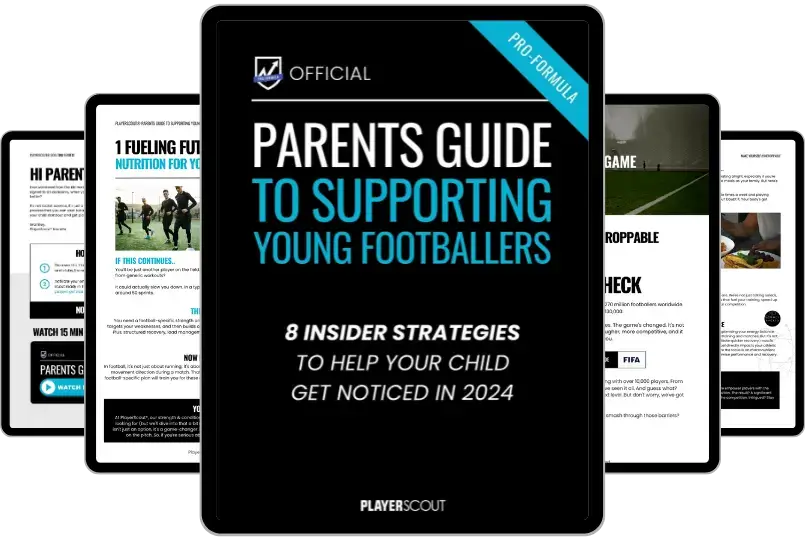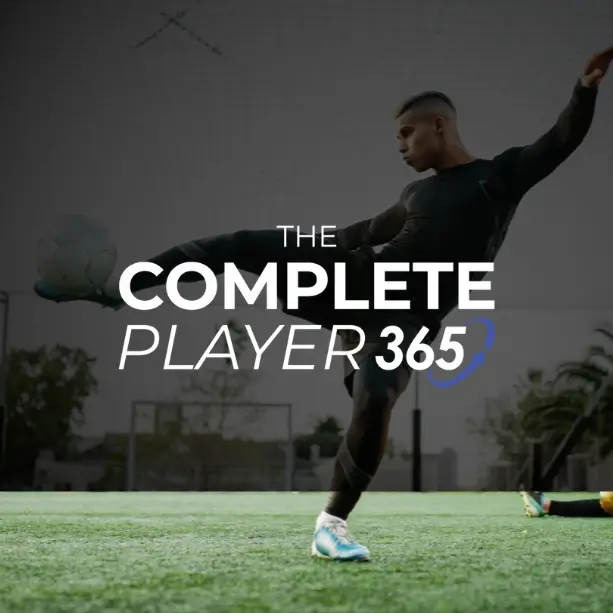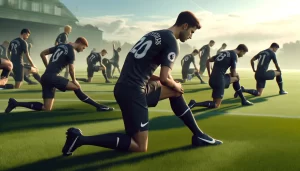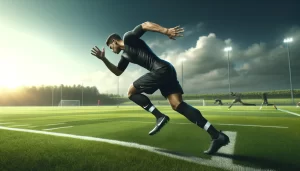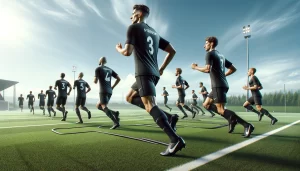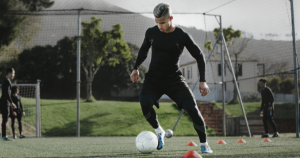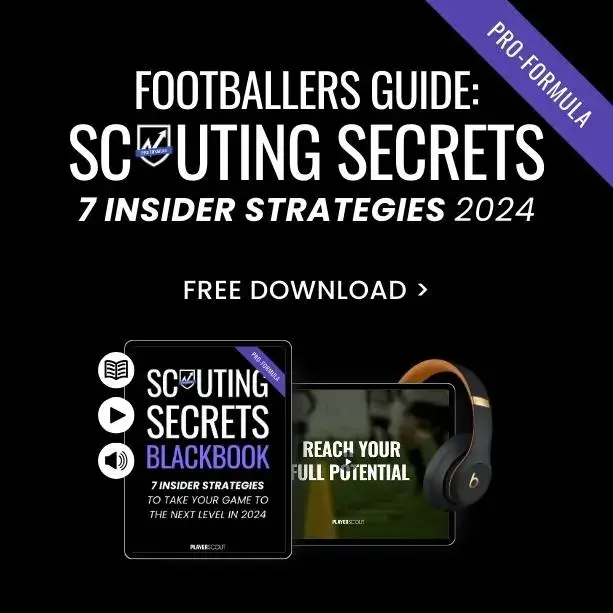Whether you play football for fun or at the highest level, you must understand the impact that alcohol consumption has on your performance. Everything you put in your body has a positive or negative effect on your training and development.
A generic rule for any committed player is to steer clear of alcohol. But, we know this is not always a realistic option. So we are going discuss the effect alcohol has on your body pre and post intensive exercise, and the safest ways to enjoy a few drinks (if you must).
Before we start check out this video on how alcohol affects your game:
Credit: Street Soccer International
The culture of alcohol and football
Alcohol consumption and alcohol sponsorship has always had a strong association with football.
The drinking culture of football stars in the 70’s 80’s and 90’s was excessive. Often leading to alcoholic addiction and health problems. Players such as Tony Adams, Paul Merson, Paul Mcgrath and George Best played at the highest level whilst drinking high amounts of alcohol throughout the season. Just think how good they could have been if they took their nutrition serious?
There’s also a strong relationship with alcohol consumption amongst amateur players. With the belief that a post-match pint will help with recovery. This is based on the theory that alcohol has high amounts of carbohydrates, so it should help replace the glycogen stores in the muscles lost during a match. We predict this advice came from the same genius who joked that cider is made from apples, so must count towards your five a day.
On a serious note, alcohol does give your body with energy. But, the ethanol (pure alcohol) found in alcoholic beverages has a negative effect on your body’s nervous, circulatory and the endocrine systems. This leads to a detrimental effect on your performance in training and matches.

Recommended drinking guidelines for adults
Before we look into the guidelines for safe alcohol consumption, it’s important to know that all alcoholic drinks contain a different percentage of ethanol. The higher the ethanol percentage the stronger drink and the more it will affect you. Consumption of alcohol is measured in units, with 1 unit comprising 10 ml or 8 grams of ethanol.
The recommendation for adults in the UK is a maximum of 14 units a week. However, these 14 units should be spread over several days with alcohol free days in between. In the US the alcoholic content of drink is higher, around 12-14 grams of ethanol per standard drink. So recommendations for US males are only 1-2 drinks a day and 1 drink a day for females.
As a footballer you must fuel your body correctly in all situations. If you have to drink alcohol, these are the safest guidelines to stick to. The serious issues with alcohol occur when a player exceeds these amounts in a short space of time, known as ‘binge drinking’.
This often happened when teams go out to celebrate after a win. Not only does this affect your post-match recovery, but can also harm your general health and your public image (for elite players).
The effects of Drinking After a Match for Footballers
The UK Department of health recommends you should consume a soft drink (eg a pint of water) in between any alcoholic drink to help regulate your hydration. If you are going out after a match, these guidelines are wise to follow. You should also make sure you are hydrated before you start drinking any alcoholic drinks.
If you consume over the government’s recommendation, you are more likely to crave unhealthy fatty foods, which will increase your weight and affect future performance. Eating too much stodgy food and alcohol will also eradicate any fitness gains you may have developed during the match.
A study published in the Journal of Science and Medicine in Sports compared the effect of alcohol after strenuous exercise. The participants who drank alcohol after strenuous exercise had 15-20% lower muscle force then orange juice drinkers. With the effects lasting up to 60 hours after consumption. Participants in the alcohol group also expressed a higher degree of soreness in muscles for this period.
Drinking alcohol after Intensive exercise:
- Affects Rehydration
- Increases Delayed-onset muscle soreness (DOMS)
- Slows down the replacement of muscle glycogen
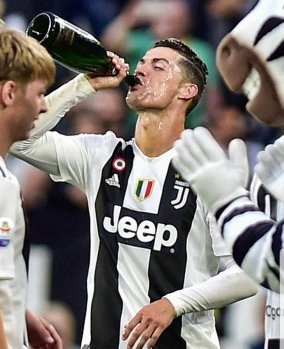
Alcohol metabolism in football players
Your liver does most of the work metabolising alcohol and the duration differs depending on the player. Although believed that people can sober up by drinking coffee or having a cold shower, these myths have little to no effect on the rate our body clears alcohol from our systems. Your body can oxidise 100 mg of alcohol per kg of body mass per hour. This is only 1 unit of alcohol per hour. Alcohol drinking results in the loss of skill performance and changes in mental attitude and behaviour.
We have yet found evidence that alcohol consumption has on your aerobic system. But, a nasty hangover will affect your athletic performance for days afterwards. The physiological implications of drinking alcohol after a match can lead to bad nutrition choices. If you drink alcohol after a game, you will forget the importance of your recovery period and the body’s need to replenish nutrients. Also the energy increase from drinking alcohol leads to a lack of sleep and dehydration. When you sleep your growth hormones work hard to build muscle. As alcohol disrupts sleep patterns the body has less chance to develop muscle. Alcohol can also poison the muscle fibres, which can cause a halt in development for up to 3 days after drinking.
As we mentioned in the What to eat before a football match? article, you must replace the bodies carbohydrate levels straight after a match, but alcohol consumption will affect this.
Effects Alcohol Has on a Player Pre Match
If a player is trying to lose weight they should cut down or stop drinking alcohol. This is also advisable for players who have a match the next day. As heavy amounts of alcohol the night before a match will have adverse effects on performance. But, no evidence suggests that moderate alcohol consumption will have a negative effect on performance if a player consumes 1 or maximum 2 standard drinks the night before. This is your choice and is not a part of a footballers diet.
If you drink sensibly and in moderation, alcohol may not have huge effects on your health. But, make sure you eat a well-balanced meal to replace your protein and carbohydrates before drinking. This balanced meal will instigate your recovery process, and the food consumed will lower the rate of alcohol your body absorbs, meaning you will lower the chance of getting drunk. Of course the best way to lower the chance of getting drunk is to not drink at all!
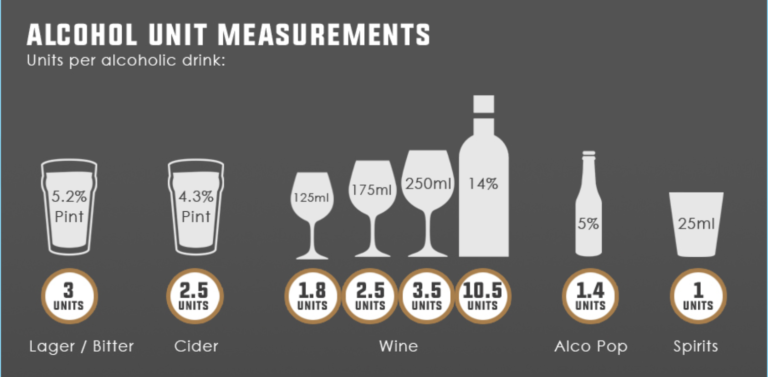
How Does Alcohol Affect Player Performance?
The real problems with football players drinking alcohol is how it affect the body overall. Alcohol acts as a diuretic causing the kidneys to produce excess urine. As your body is losing fluid as urine your rate of dehydration speeds up. If a player exercises whilst intoxicated or soon after drinking this rate of dehydration is even higher due to the increase in body temperature and sweat production. As expressed in preparation for a football match, it’s important for a player to hydrate before a match or training, to allow the circulation of oxygen and nutrients to your muscles.
Alcohol can also affect the body’s energy producing process. As the liver breaks down the alcohol, it cannot produce glucose at the same time. This leads to decreased levels in blood sugar. Which mean less energy for the body and this affects performance. Your concentration, reaction times and coordination are all affected by this dip in energy.
What Happens If You Drink the Night Before a Football Match?
Many Sunday league players go out Saturday night and turn up at 8.30am the next morning at attempting to play 90 minutes of football. Although they may get through the full match, they can never play at optimum levels of performance. But, if they’re only playing for fun, optimum performance may not be their aim.
This is not acceptable for elite, academy or any player serious about a career in football. If you drink alcohol the night before a game or training, it will have a negative influence on your performance. The hangover effects of drinking will lead to headaches, hypersensitivity to light/sound, and dehydration.
You may not feel the physical experiences of a hangover. But, will still have an overall decrease in the quality of your football training or match performance. Your decision making, strength and athletic power will lack and you will tire quicker as your body cannot flush out the lactic acid produced. This results from your liver working over-time to clear out the alcohol toxins in your body.
Short term effects of alcohol
- Anemia (loss of red blood cells)
- balance difficulty
- Blackouts
- Breathing difficulties
- Decreased perception and coordination
- Delayed reactions
- Depressed reflexes
- Diarrhea
- Distorted vision and hearing
- Dizziness often associated with nausea (“the spins”)
- Drowsiness
- Impaired fine muscle coordination
- Headaches
- Impaired judgment
- Lapses in and out of consciousness
- Impaired memory and comprehension
- Impaired senses
- Profound confusion
- Shortened attention span
- Slurred speech
- Unconsciousness
- Upset stomach
- Urinary incontinence
- Vomiting
Long-Term Effects of Alcohol in Footballers
Many players think the effects of alcohol only occur whilst intoxicated or during the hangover period. This is not the case. The high calorie count in alcoholic drinks, means you will pay for it weeks to come. There are around 7 calories in every gram of alcohol; this is the amount of calories in pure fat. If you like to stay fit and gain from every training session, it’s not wise to consume extra calories for no benefit.
As your body is not built to cope with alcohol stores, it cannot burn off other calories due to working hard to get rid of alcohol. This results in more calories staying in the body and an increase in your body weight. Another negative affect is the body not being able to absorb nutrients, meaning your recovery and health will be affected.
If a player continues to consume alcohol over a long period it can cause more serious illness or disease such as cancer, liver disease and heart disease.
How Does Alcohol and Exercise Affect Your Heart
Another important issue with alcohol and intensive training is the stress it puts on your heart. When you exercise you are already increasing the heart rate to pump oxygenated blood to your muscles. But the act of drinking alcohol also increases your heart rate. It is not clear how much alcohol needs to be consumed before the heart is affected. But the fact alcohol stays in the system for 2-3 days means that training or playing within days of drinking can be very dangerous.
Final Thoughts…
As we have mentioned throughout the article alcohol isn’t suitable for any adult football player. It affects recovery, performance and has can cause serious long-term problems for your body. Alcohol after matches prolongs the body’s capabilities to restore energy and metabolize carbohydrates. Our advice is to stay away from alcohol full stop.
So now it’s your turn to join the discussion, tell us in the comments if you have ever played on a hangover and how you felt. If you drink on a night out, what do you drink and how does it affect you game?
Thanks again for reading
Player Scout Team



